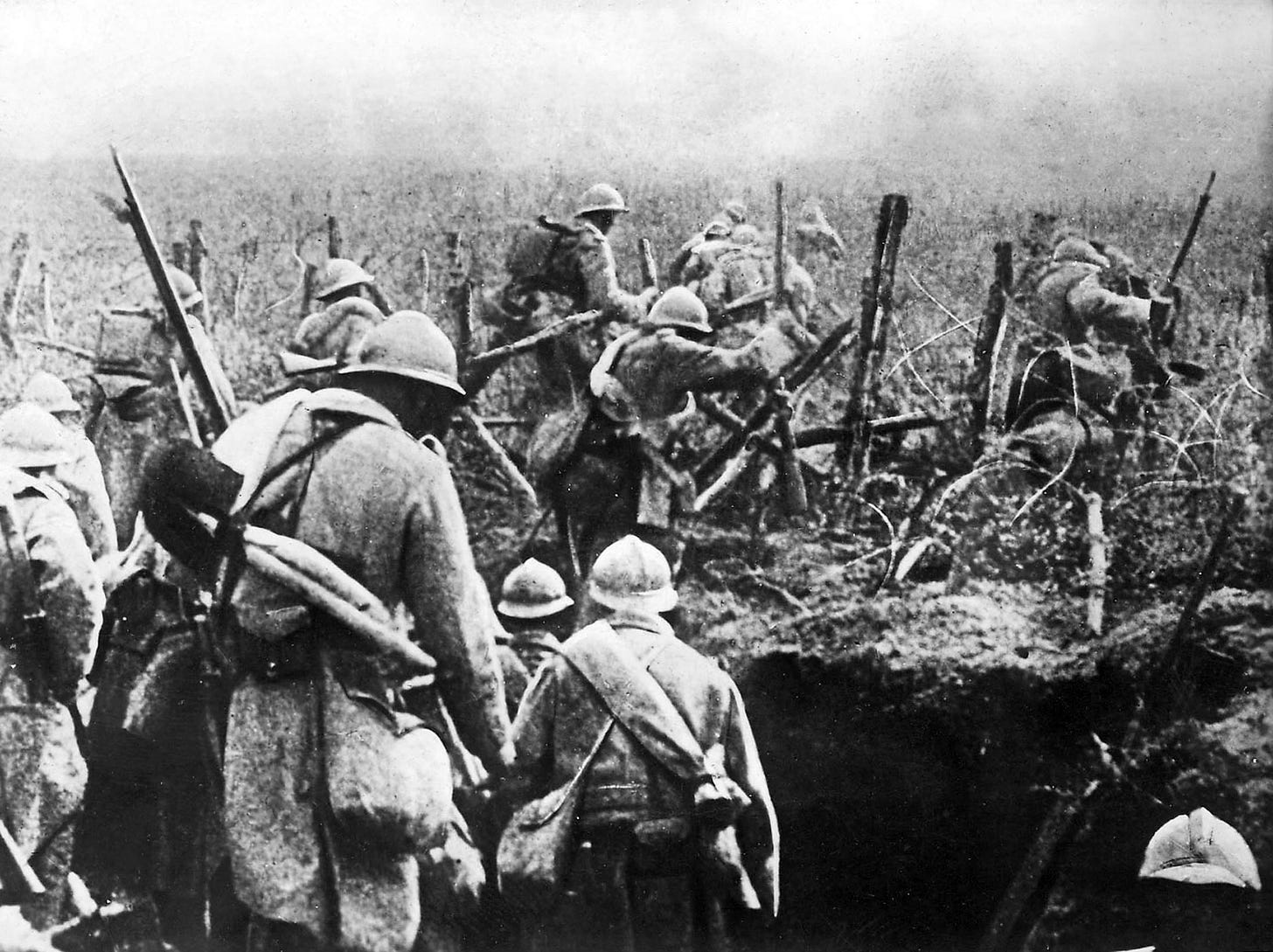When war led to a baby... and a divorce
Violet Giles freely admitted to adultery and a baby by her lover after her marriage ended during World War 1. But a private detective's skills were still needed
Today's case is one in which a marriage foundered during World War 1, while a husband was fighting, and a wife was left home alone. It resulted in a baby, a divorce (in that order) and a private eye's involvement.
I don't know much about the private detective in question, Francis Henry Capon. None of the individuals I have found of that name appear likely to have worked as private detectives, and although there was a police constable named Francis Capon, I can't prove that he became a private detective either.
However, what I do know of Capon is that he was engaged to work on a divorce case in 1924. His role seems to have been a bit unnecessary - and although he worked hard, his work was ultimately dismissed by a judge.
In fact, a lot about the divorce case was unnecessary, and the judge involved quibbled with much of the evidence despite the situation appearing clear-cut. The divorce was brought by Edric Hamer Giles, a man of Welsh heritage who was brought up in Tonbridge, Kent. He had married his wife, Violet Cheesman, in 1916 at Tonbridge register office. Their son, Edric Douglas, was also born that year.
The Giles’ marriage ended with Edric’s involvement in World War 1
In 1917, Giles joined the army as a private, and went to France to fight. In July 1918, he was hospitalised, and remained there for seven months before, in February 1919, finally being discharged from the army as medically unfit. He returned to Tunbridge Wells, where he and Violet had lived after their marriage, but did not see her. It appears that he had told her he wanted nothing more to do with her. However, he did contact his brother in law, and arrange for Violet to receive an allowance of 15 shillings a week.
He then disappeared, relocating to Hammersmith in west London, and he and Violet had nothing more to do with each other. That is, until June 1922. Violet obviously knew where her husband was, for she wrote him a letter, in which she detailed how she was now living with another man:
"It is now six years since I saw you. For the last two years, I have been housekeeper to a young gentleman, and am very fond of him. Will you kindly divorce me and set me free and let me live a life worth living? I think that is only right."
Violet asked Edric to petition for a divorce, promising him that she would offer no opposition to it. If he refused, she argued that she would have to divorce him. Edric appears to have made no effort to start the process. Violet then wrote to him again, noting that he had made a short visit to Tunbridge Wells, and that she had hoped he would find out information about her during his stay. As he hadn't, she now needed to tell him her news:
"I will tell you. I am expecting to become a mother, of which, obviously, not seeing me for six years, you are not the father."
Tunbridge Wells, home of Violet Giles (photo by Paul Collins)
After a period of time, Edric returned to Tunbridge Wells and inspected the register of births at the register office. He saw there an entry with his wife's signature: the birth of Walter Peter Wildish, born on 10 September 1922, to Walter Wildish and Violet Cheesman.
Edric now employed Francis Capon to find out more. Capon visited the Cheesman family home at Wood Street in Tunbridge Wells, where Violet and Wildish were living with Violet's mother, Emma Cheesman - and, of course, their baby son. Emma told the detective that Violet had lived with her throughout the Great War, and that Wildish had later come and lodged there. She was aware that her daughter was living with Wildish "as man and wife - he knew she was married and had a husband alive".
All parties were open with Capon, and he obtained signed statements from both Violet and Wildish. Edric duly petitioned for divorce. It sounded a clearcut case of adultery on the part of Violet - and yet the judge queried the matter. Violet's letters to Edric admitting her affair with Wildish "was not evidence". Capon's statements from the parties in Tunbridge Wells "was not enough". The statements only said that Violet had given birth to a baby who was not her husband's, not explicitly stating that she had committed adultery. It was only Emma Cheesman's evidence, which she repeated in court, that carried any weight.
The divorce, of course, was granted. In 1927, Violet married Walter Wildish in Salford, and shortly afterwards, their daughter Deborah was born. The Wildish family settled in Bradford, where Walter ran a 'cycle and radio shop'. In 1929, Edric also remarried, remaining in Hammersmith with his second wife, Dorothy.
More is known of their lives than of Francis Capon's. But that, perhaps, was the sign of a good private detective: he emerged from the shadows to find out evidence, and then disappeared again, never drawing attention to himself. If it wasn’t for this case, I might not even have known he was a sleuth.





